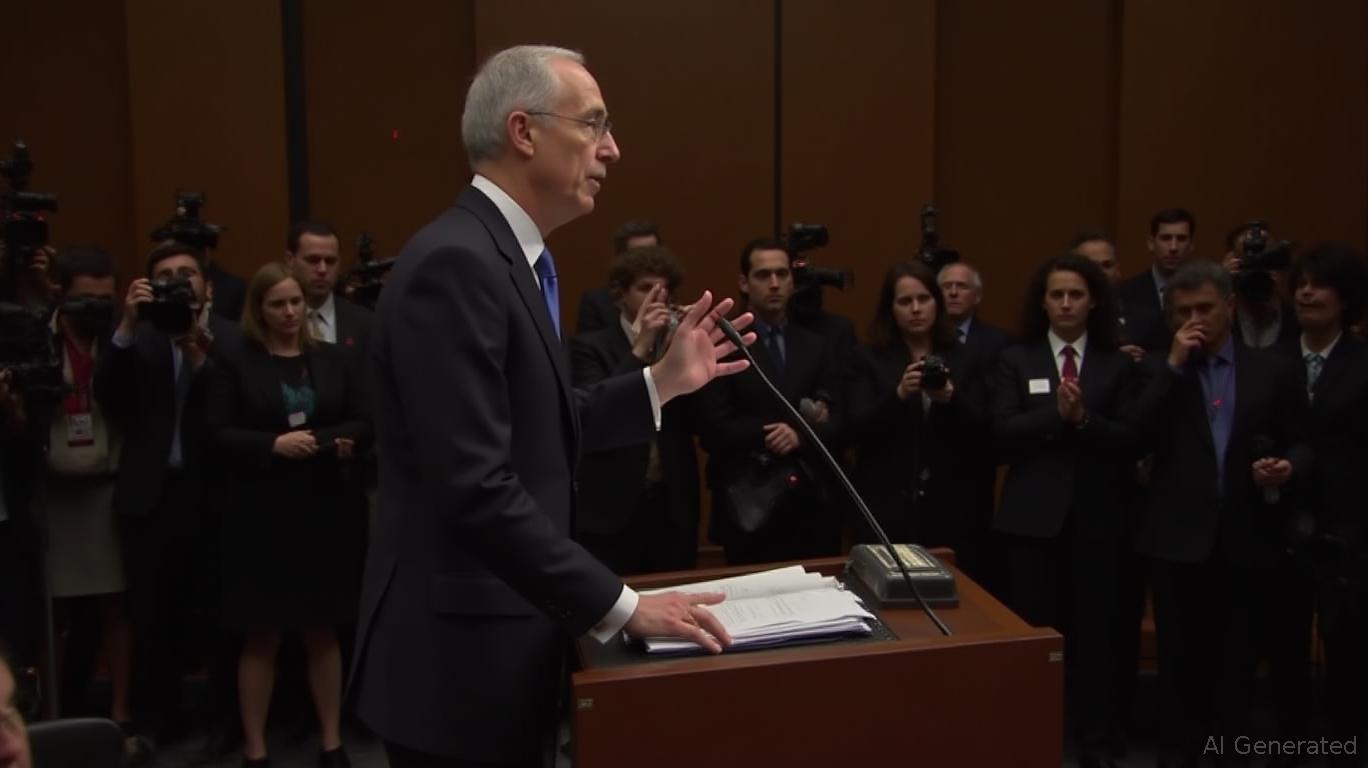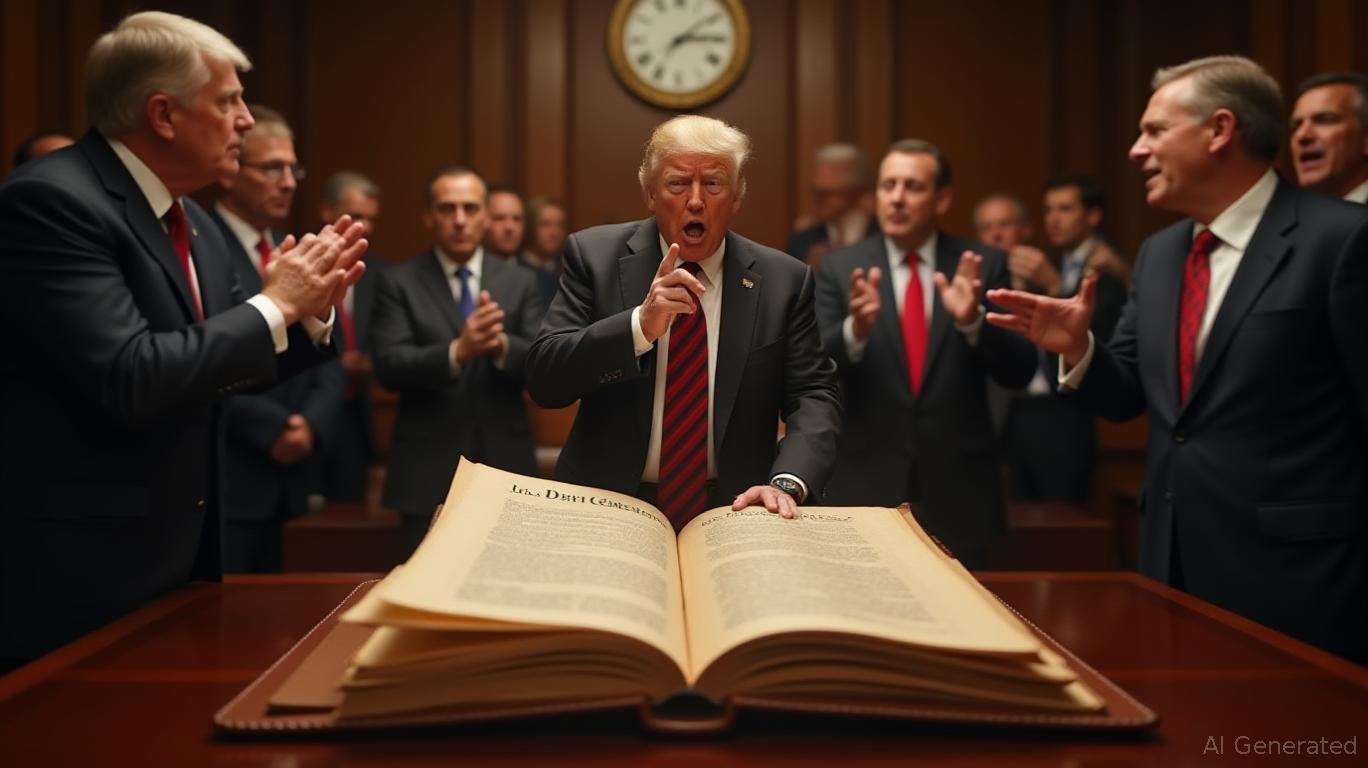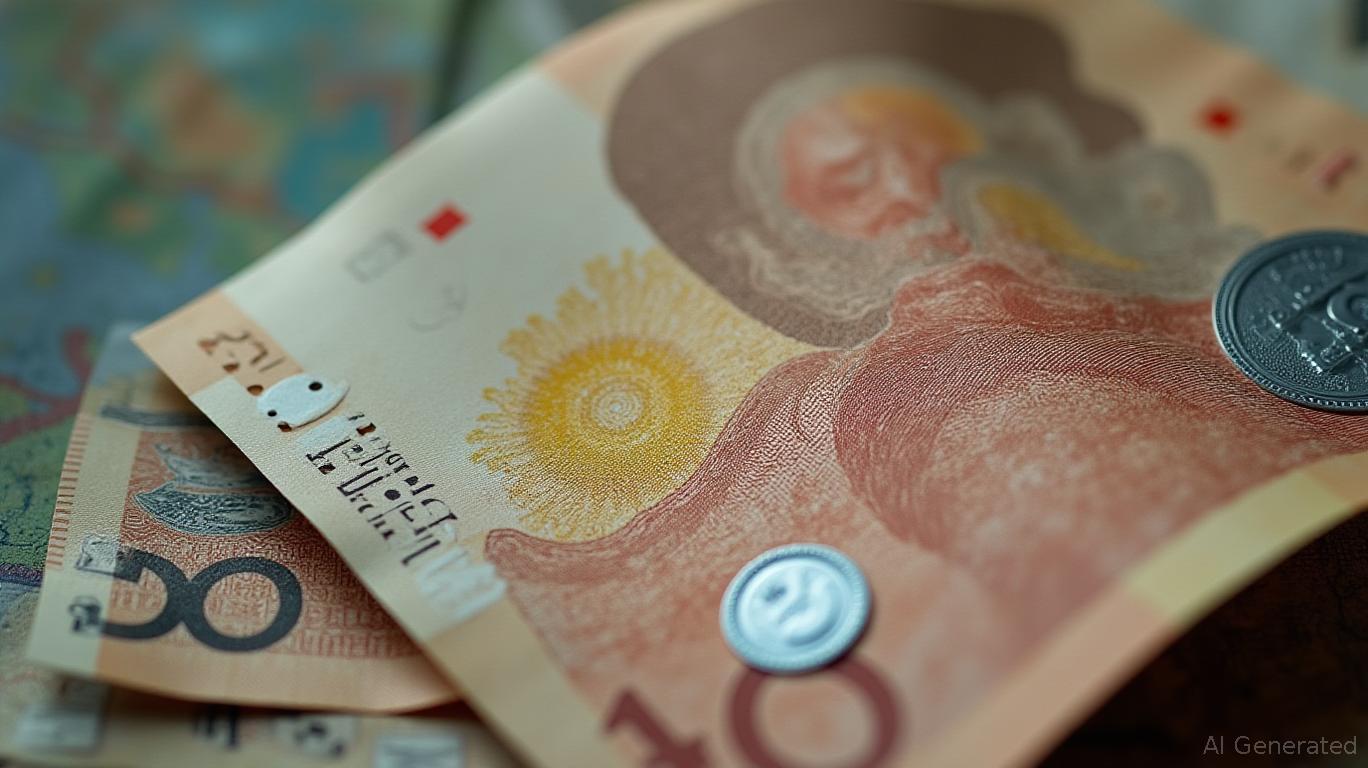U.S. and China Hold Trade Negotiations in Kuala Lumpur to Prevent Escalation and Extend Ceasefire
- U.S.-China high-level trade talks resumed in Kuala Lumpur, 2025, aiming to avert a trade war ahead of potential Trump-Xi APEC summit discussions. - Negotiations focused on agricultural trade (U.S. soybean imports to China dropped to zero in September 2025), rare earth export controls, and semiconductor tariffs. - Malaysia's neutral role highlighted its diplomatic influence, with U.S. officials acknowledging its strategic value in stabilizing trade ties amid unresolved issues like Hong Kong's Jimmy Lai de
From October 24 to 27, 2025, senior officials from the United States and China reconvened in Kuala Lumpur, Malaysia, for high-level trade discussions. These talks were intended to ease rising economic frictions ahead of a possible meeting between President Donald Trump and President Xi Jinping at the APEC summit in South Korea. U.S. Treasury Secretary Scott Bessent and Chinese Vice Premier He Lifeng led the delegations, focusing on contentious issues such as agricultural trade, rare earth export restrictions, and tariffs on semiconductors. Taking place alongside the ASEAN Summit, the negotiations highlighted both countries’ intent to prevent further conflict as a temporary trade ceasefire is set to lapse on November 10, according to a
Agricultural trade continues to be a major obstacle. In September 2025, U.S. soybean shipments to China dropped to zero for the first time since November 2018, a result of reciprocal tariffs and China’s pivot to other suppliers like Brazil and Argentina. While China’s total soybean imports reached 12.87 million tons in September—the second-highest ever—American farmers have faced heavy losses. Trump has described the soybean issue as a negotiation strategy by China, whereas Beijing stresses the importance of reducing trade barriers, the ukragroconsult report notes.

The discussions also covered China’s new limits on rare earth exports, which the U.S. claims could disrupt global supply chains for technology and defense. In response, the U.S. has initiated a Section 301 investigation into China’s adherence to the 2020 Phase One trade deal, alleging that Beijing has not fulfilled its promises on market access and purchasing U.S. products. The Trump administration has warned of possible retaliatory actions, including imposing a 100% tariff on Chinese imports if the dispute worsens, according to an
Malaysia’s selection as a neutral location underscored its increasing diplomatic role in facilitating dialogue between the U.S. and China. Prime Minister Anwar Ibrahim reiterated Malaysia’s dedication to encouraging talks, while American officials recognized Kuala Lumpur’s strategic importance in maintaining stable trade relations. The city’s robust semiconductor industry further emphasized its significance, as both countries aim to secure supply chains for electric vehicles and consumer electronics, as highlighted in a
By the second day, U.S. Trade Representative Jamieson Greer reported that progress had been made toward arranging a “productive meeting” between Trump and Xi, with topics including soybean trade, Taiwan, and Hong Kong. However, China has not yet confirmed the leaders’ meeting, and unresolved matters—such as the detention of Hong Kong media figure Jimmy Lai—remain significant. While a preliminary deal could lead to an extension of the trade truce, experts warn that any agreement is fragile given ongoing geopolitical tensions, according to
These negotiations occur as the U.S. intensifies efforts to address China’s trade practices, with groups like the American Primary Aluminum Association backing the Section 301 investigation. Industry representatives argue that China’s failure to comply with the Phase One agreement has damaged U.S. manufacturing, calling for stricter enforcement of trade policies, according to
If these disputes are not resolved, the risk of a deeper trade conflict looms, potentially impacting the global economy. On the other hand, reaching a compromise could bring significant benefits to American agriculture and help stabilize food markets, as Fortune observes. The results of the Kuala Lumpur negotiations are expected to influence the future direction of U.S.-China relations, with effects extending well beyond bilateral trade, the ukragroconsult report concludes.
---
Disclaimer: The content of this article solely reflects the author's opinion and does not represent the platform in any capacity. This article is not intended to serve as a reference for making investment decisions.
You may also like
Political Stalemate to Drive U.S. Debt Higher Than Italy and Greece by 2030
- U.S. public debt-to-GDP ratio will surpass Italy and Greece by 2030, per IMF forecasts, reaching 143% vs. 137% and 130%. - Trump-era tax cuts, $1T defense spending, and political gridlock drove deficits above 7% of GDP since 2025. - Italy/Greece reduced deficits via austerity and EU funds, while U.S. faces debt servicing costs exceeding education/transport budgets. - Analysts warn U.S. debt path is unsustainable without structural reforms, as political stalemate blocks spending cuts or tax hikes.

China's approach with the Digital Yuan seeks to transform the landscape of international finance
- PBOC establishes Beijing and Shanghai centers to advance digital yuan strategy, enhancing domestic infrastructure and global reach. - Digital yuan pilot transactions exceed 14.2 trillion yuan, supported by 225 million wallets, while PBOC enforces crypto bans to mitigate risks. - Dual-center model balances domestic innovation with international collaboration, expanding digital yuan adoption through commercial banks. - China’s strategy aims to reshape global CBDC perceptions, leveraging regulatory rigor an

U.S. Bets $40 Billion on Argentina's Economic Reforms as Peso Rallies and Poverty Rises
- Trump praised Argentina's Milei for a landslide election win, linking it to U.S. financial gains amid a 6% peso surge against the dollar. - U.S. Treasury's $20B currency swap and $40B total stake aim to stabilize Argentina's economy, despite 53% poverty rates and political instability risks. - Milei's austerity reforms face challenges: poverty deepening, congressional alliances needed, and potential peso collapse if reforms stall. - Markets reacted positively to the election, with Argentine bonds and sto

Cardano News Update: Cardano's Decline Compared to BigBear's AI Bet – Will Excitement Keep the Value Up?
- Cardano (ADA) faces bearish signals with a potential 20% price drop to $0.5085, marked by a death cross pattern and declining DeFi TVL. - BigBear.ai (BBAI) surged 300% YTD on defense AI contracts but faces valuation skepticism, trading at 13× forward sales vs. $5.83 estimated fair value. - The stock's $390M cash and $380M contract backlog contrast with C3.ai's 50% decline and legal issues, highlighting sector volatility. - Analysts remain divided on BigBear's OB3-aligned government opportunities versus e
